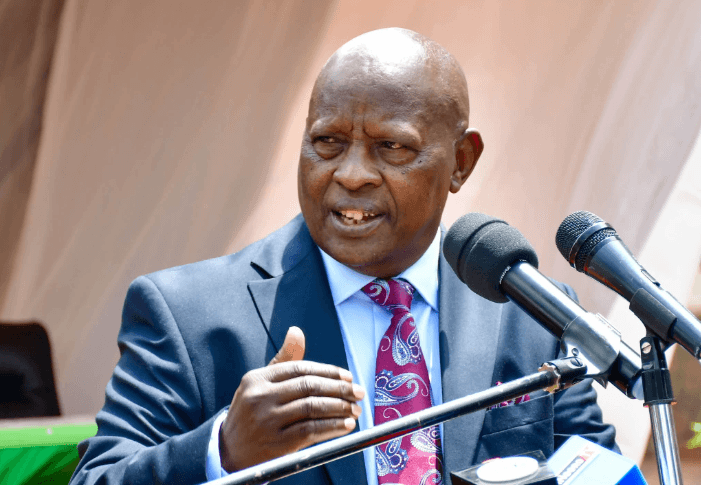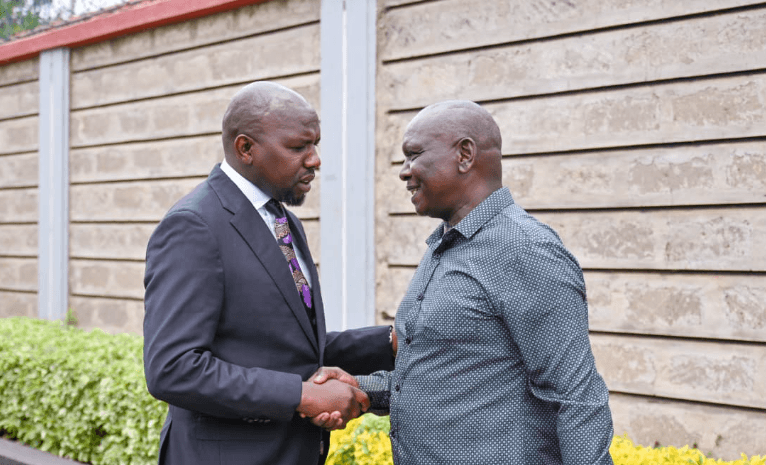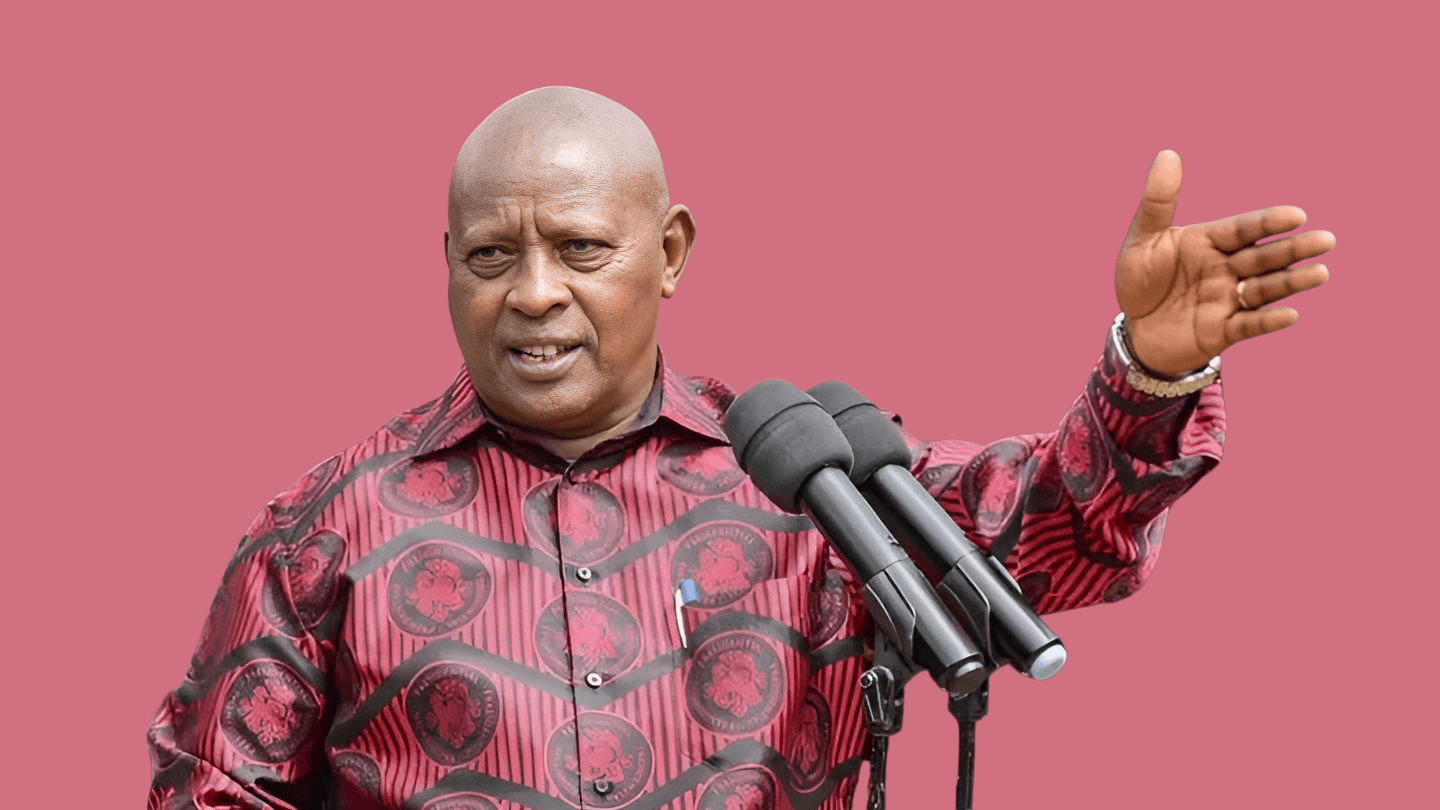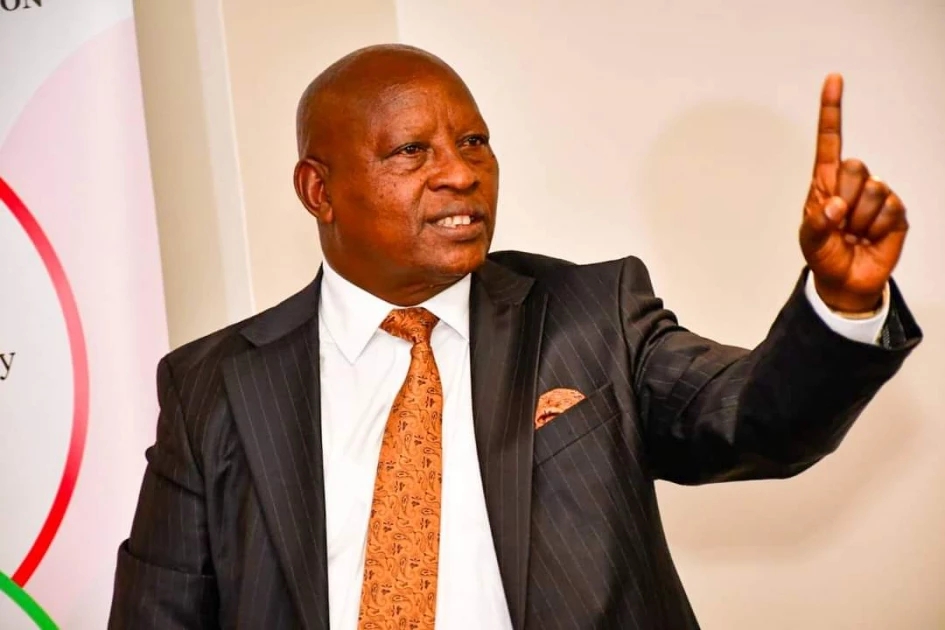Uncertainty surrounds the Edu-Afya Medical Scheme following the enactment of the Social Health Insurance Act, 2023 which repeals the National Hospital Insurance Fund.
Members of the National Assembly’s Petitions Committee were told on Thursday that the scheme is not included in the new fund which replaces NHIF.
NHIF chief executive officer Elijah Wachira said service provider contracts under EduAfya will be terminated by the end of the year.
“NHIF will terminate all contracts it had with the Ministry of Education by the end of the year,” he said.
The Social Health Insurance Act, 2023 that repealed NHIF established three new funds; the Primary Healthcare Fund, Social Health Insurance Fund and Chronic Illness and Emergency Fund.
The Ministry of Education contracted NHIF to offer a unique comprehensive medical insurance cover for public secondary school students.
The cover has been effective from May 2018. It covers all children in public secondary schools in Kenya.
In February, a citizen petitioned the National Assembly to intervene over the poor implementation of the Edu-Afya Medical Scheme in public secondary schools.
Speaker Moses Wetang’ula, in a communication to the House, said the petitioner- Joyce Cherono- argued that the scheme is yet to be optimised.
“The petitioner is afraid that if intervention is not made towards ensuring that the programme is optimally implemented, the gains envisaged from the scheme will be lost,” he stated.
Through the cover, the government paid a premium of Sh1,350 per student.
They were targeting three million students who were in public secondary schools to fulfil the Big Four Agenda – the provision of affordable health care.
The petitioner wanted the House to cause the relevant ministries to urgently review the framework for implementing the scheme to ensure it benefits all public secondary students equally.
Cherono wanted the House to cause the government to support the establishment of clinics within public secondary schools and initiate the employment and deployment of qualified, registered and licensed medical personnel.
NHIF received Sh9.5 billion from the government in four years under the EduAfya between 2019 and 2022.
The programme includes outpatient and inpatient services, day surgical services, local road ambulance and emergency air rescue services.










